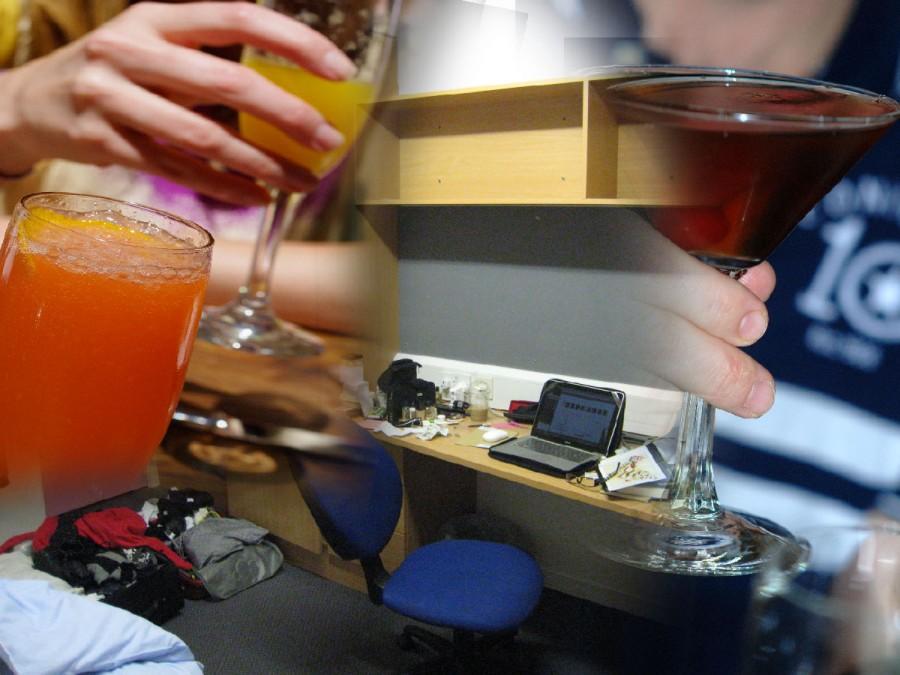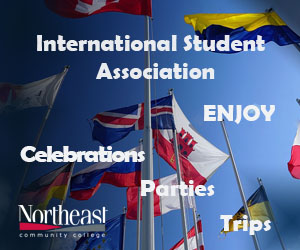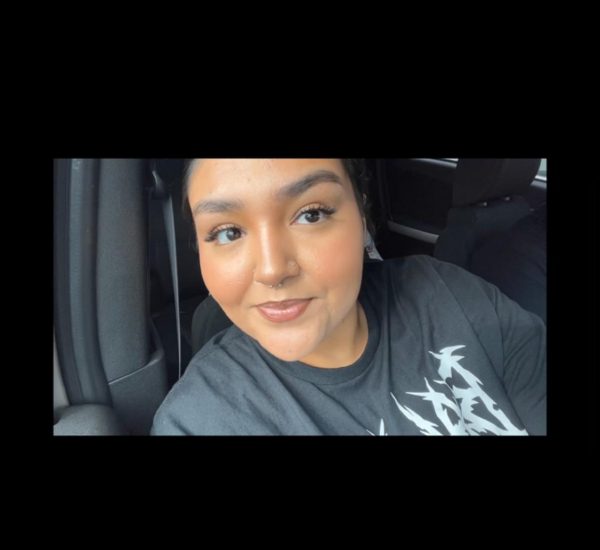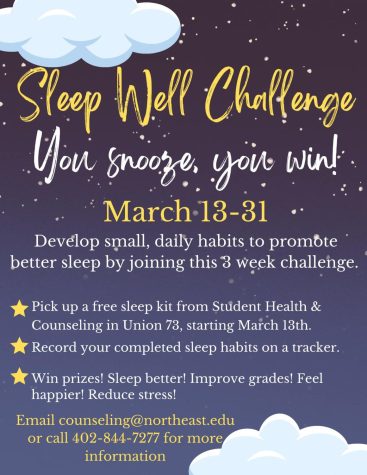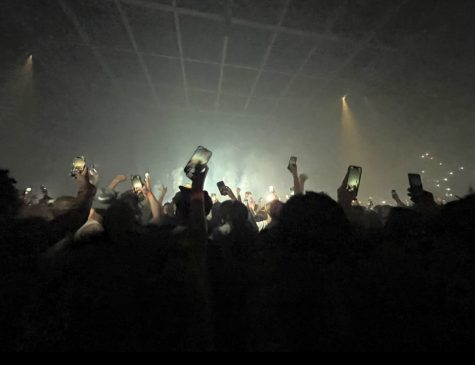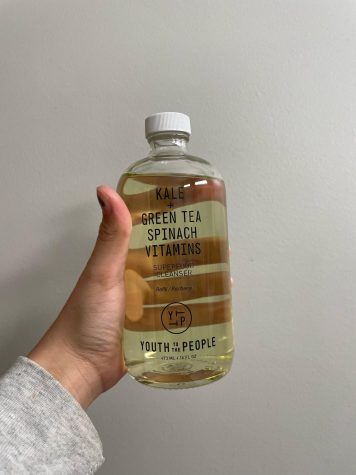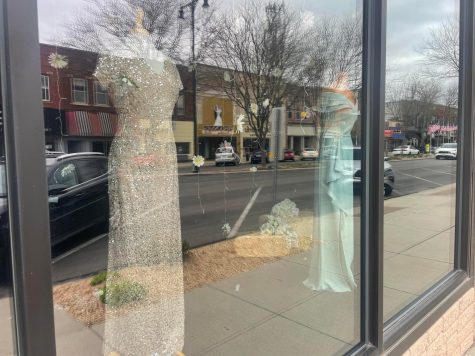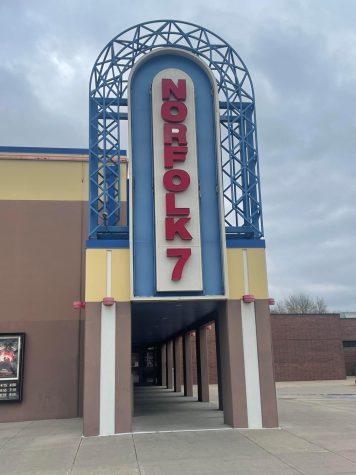Drinking On Campus
September 26, 2014
National news is full of headlines about alcohol related problems on college campuses. According to Maureen Baker, Northeast Community College’s Director of Student Conduct, “Colleges and universities have a real problem overall with binge drinking and underage drinking on campuses. We know that over 1800 students die from those behaviors and over 600,000 are injured related to drinking behaviors.” Baker thinks Northeast falls within national statistics and says, “On our campus it is the number one code of conduct violation.” Northeast Community College provides on campus activities to prevent binge drinking. Administrators have instituted options like Monday Night At The Movies and Wacky Wednesday. These activities are late at night so that afterwards, students are too tired to go out and party.
When or if students are caught with alcohol on campus they are charged with a $150 fine and 15 hours of community service for the first offense. The second time, the fine goes up to $250 and 25 hours of assessments off campus. For the third offense, students are kicked off campus. Students who are charged with an offense get a hold added to their student account until the fine is paid. That means, students are not allowed to receive credits for their classes, register for classes, or use any money in their student account.
Drinking does happen on campus, Baker said, but not as much as students think. Students say it happens in the dorms and in the apartments, both on weekdays and on weekends. Athletes are required to learn how alcohol affects their body and their playing. Before moving on campus they take an online alcohol and drug education class. Non-athletes take a CAP survey which asks how many students they think drink on campus and how often they think it occurs. Surveys show that students think their peers drink more than twice as much as they actually do. Northeast offers alcohol and drug education classes for offenders or any interested students which continues to promote awareness. Baker said, “The activities that we do are targeted, they may not seem like they’re targeted, but we are targeting them to provide students with something else to do that’s not related to alcohol.”



